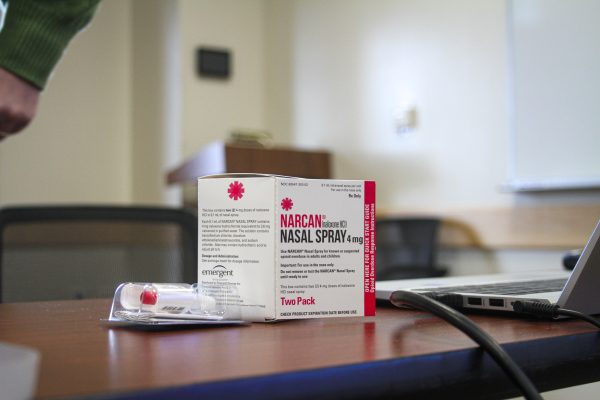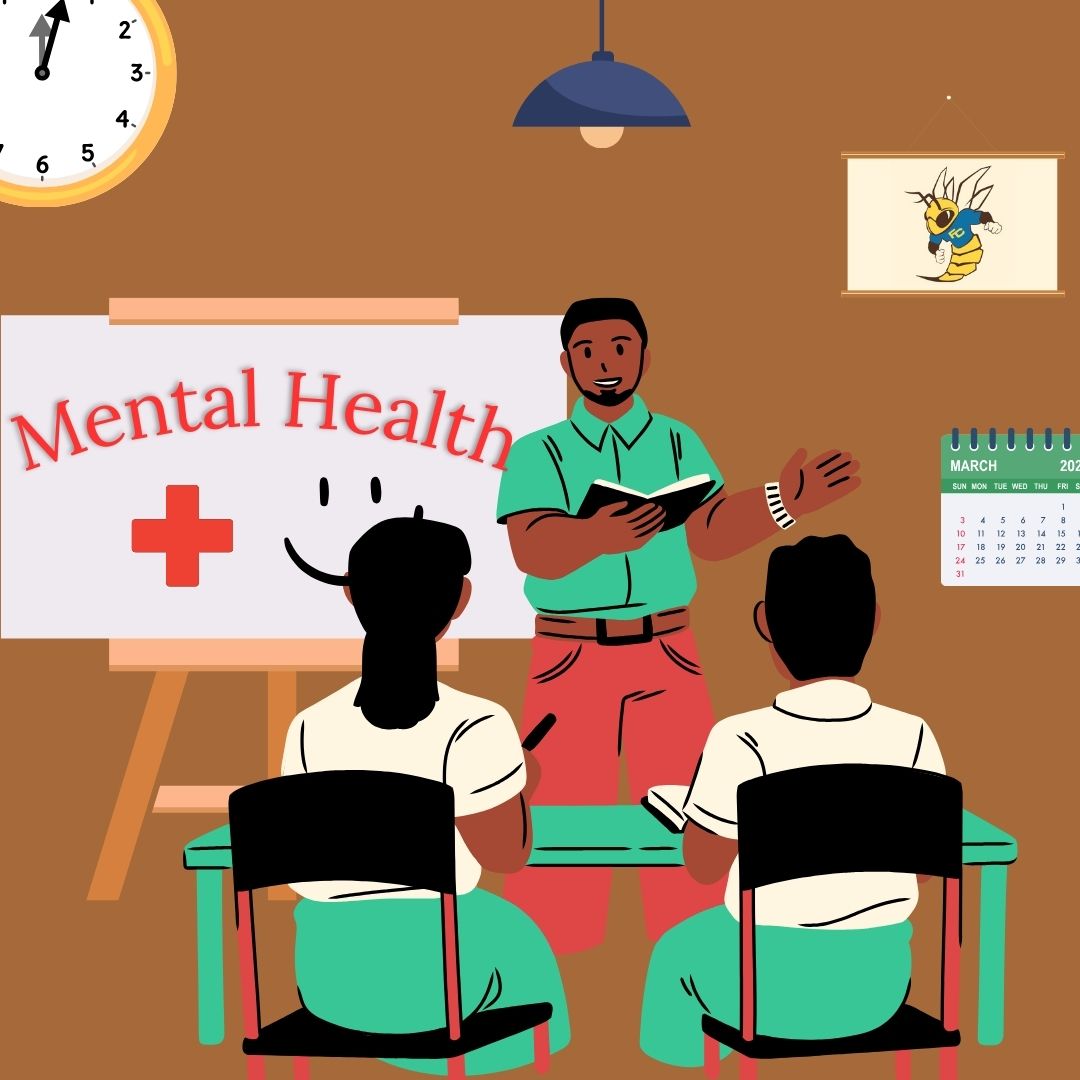While college is meant be a place for education and personal growth, we must remember that tragedies are everywhere, leaving us and the authorities to do everything possible to support those who suffered one and prevent more from coming.
Georgia State University and the University of Connecticut showed in a research study that three-fourths of young adults who with substance use disorder have dealt with the death of a loved one. However, Fullerton College promotes support to students that struggle with grief at the RAD Care meetings, every Tuesday at 1 p.m. The last one was hosted on March 12.
Fullerton College health education coordinator Kelly Salazar explained that RAD Care Tuesday’s meetings, hosted by the Health Center, aim for students to have a safe place to share their problems with present psychologists, specialists and with other peers.
Each week in these meetings, students get advice from the specialists on mental health topics ranging from managing academic stress, impaired driving and dealing with grief and loss, along with insightful discussion with peers afterward. These weekly meetings intend to guide students struggling with mental health to deal with the tough facets of daily life.
“The topics kind of develop through student interest, and also some of our facilitators come up with topics that they think would resonate with students,” said Salazar. “We have a lot of mental health focus with RAD Care Tuesday, but it really could be anything.”
While approaching the mental health of students, RAD Care Tuesday also aims to train students to support others in case of an emergency such as opioid overdose, which according to the Center of Disease Control and Prevention, accounted for more than 75% of drug overdose deaths.
At the last RAD Care meeting, staff distributed naloxone, an antidote that reverses the effects of opioid overdose. It’s sold over the counter and doesn’t have adverse effects even if it is administered to individuals not overdosing according to the National Institution on Drug Abuse.

Naloxone is a treatment that reverses the effects of an opioid drug overdose. Boxes of the antidote were given for free following the proper training at RAD Care’s Tuesday meeting. (Dylan Arreola)
Following the training, RAD Care organizers distributed free boxes of Narcan nasal spray to the attendees. The boxes were donated by Aimee Dunkle, executive director of the Solace Foundation. The foundation intends to provide resources such as naloxone and fentanyl test strips in order to reduce the number of opioid related deaths.
Both opioid overdose education and naloxone distribution are effective at reducing overdose death rates in communities where opioid abuse is present, indicated in a study by Routledge.
Apart from the services given during RAD Care Tuesdays, the health center also provides other services such as Beyond the Spectrum meetings. Those meetings intend to provide a safe space for neurodivergent students on campus.
Meetings treating anger management meetings will also start being held weekly starting on April 3, and will last for five weeks.


